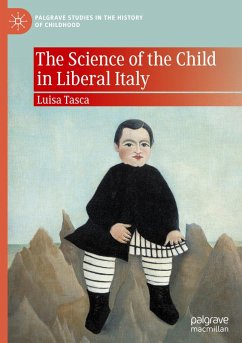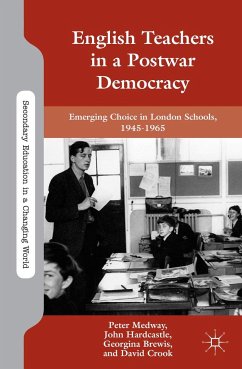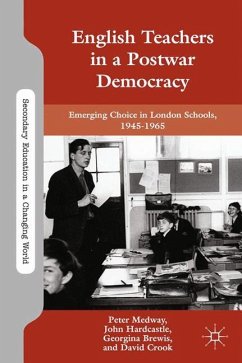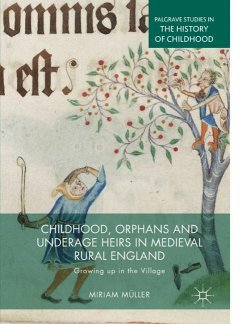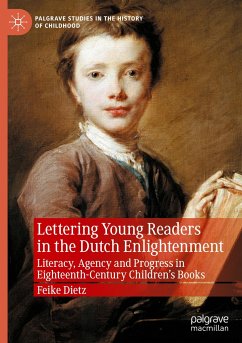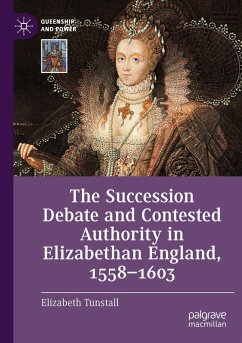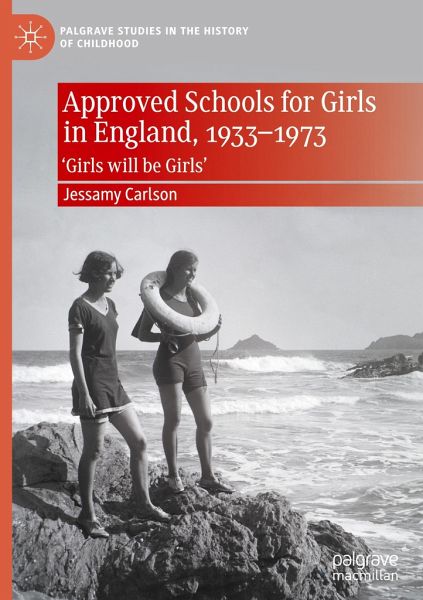
Approved Schools for Girls in England, 1933-1973
'Girls will be Girls'

PAYBACK Punkte
49 °P sammeln!
This book provides a detailed study of approved schools for girls, which operated in England and Wales between 1933-1973. Through original archival research, it traces shifting perceptions of, and policy responses to, girls' delinquency and vulnerability during a period of remarkable social change. It examines the transition of provision for girls and young women 'in trouble' from the large-scale post-Victorian reformatories to the therapeutic Community Homes for Education, and the emergence of a 'diagnostic shift' in the provision of care for children in the juvenile secure estate. Through ex...
This book provides a detailed study of approved schools for girls, which operated in England and Wales between 1933-1973. Through original archival research, it traces shifting perceptions of, and policy responses to, girls' delinquency and vulnerability during a period of remarkable social change. It examines the transition of provision for girls and young women 'in trouble' from the large-scale post-Victorian reformatories to the therapeutic Community Homes for Education, and the emergence of a 'diagnostic shift' in the provision of care for children in the juvenile secure estate. Through examining the experiences of younger children, it provides a more nuanced understanding of the role approved schools played for girls in need of care, protection, or control during this period, evidencing the gendered use of care-or-protection orders throughout, and the policing of child and family behaviours under the guises of the Education Act.






